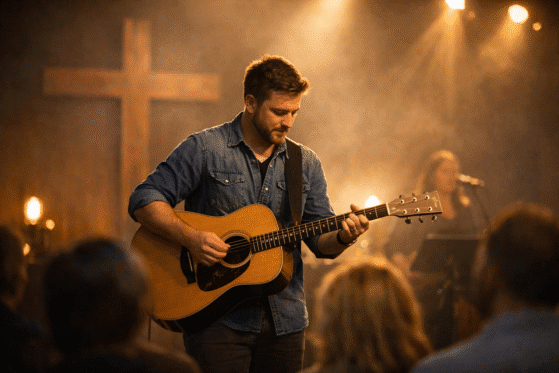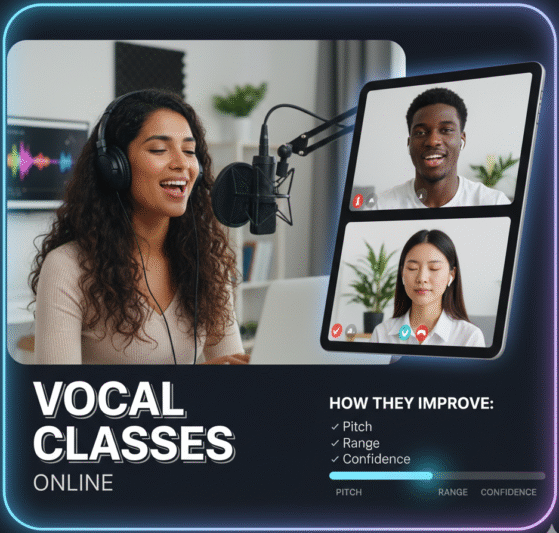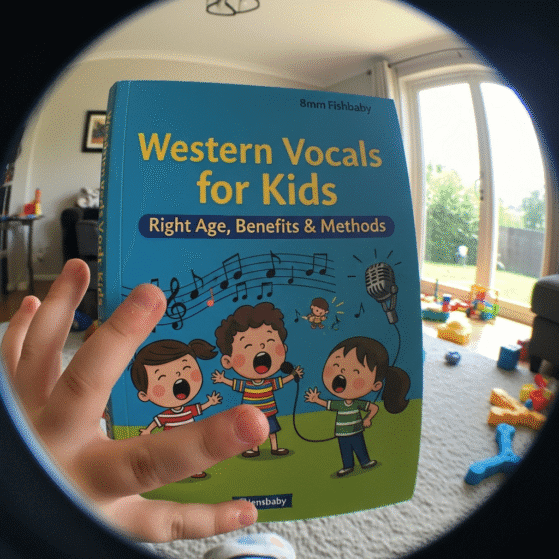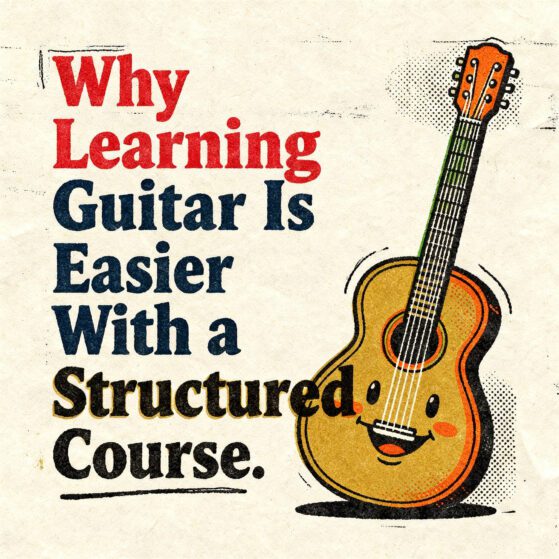The Psychology Behind One-on-One Learning | Why It Works
In the world of education, one-on-one learning has emerged as a highly effective teaching method. Whether it’s in academics, music, or skill-based training, personalized instruction offers unique advantages that are rooted in psychology. Understanding The Psychology Behind One-on-One Learning helps explain why it works so well and why it often leads to greater success for students.
This blog delves into the psychology behind one-on-one learning and explores its benefits in fostering growth, confidence, and mastery.

The Power of Personalized Attention
1. Individualized Learning Styles
Every person has a unique way of learning, whether it’s visual, auditory, or kinesthetic. In a one-on-one setting, instructors can identify and adapt to the student’s preferred learning style, making the lessons more effective.
Psychological research supports this approach, showing that tailored instruction improves comprehension and retention. Unlike group settings, where a single teaching style may not suit everyone, one-on-one learning ensures the student’s needs are prioritized.
2. Immediate Feedback and Reinforcement
In one-on-one lessons, feedback is instant and specific. This aligns with behavioral psychology, where immediate reinforcement helps in forming correct habits.
For example, in music lessons, a teacher can immediately correct a student’s finger placement or vocal pitch, preventing errors from becoming ingrained. This quick feedback loop enhances skill development and boosts confidence.
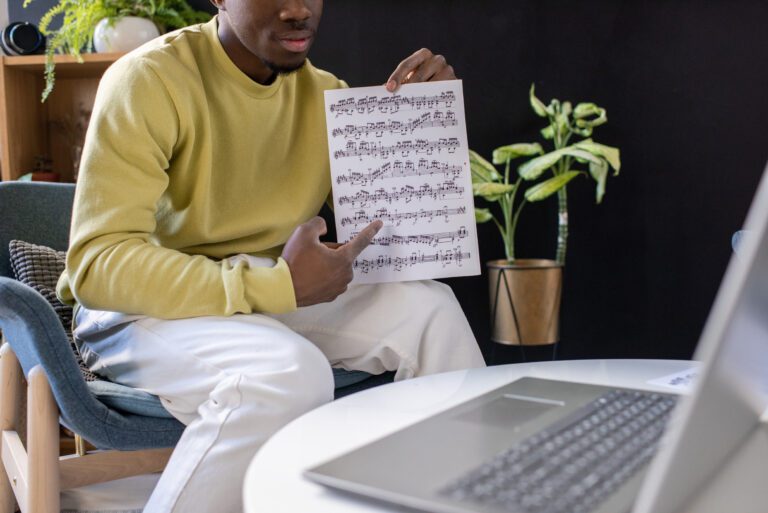
Building Confidence Through Connection
1. Creating a Safe Learning Environment
One-on-one learning fosters a supportive and non-judgmental environment. Students often feel more comfortable asking questions or admitting difficulties in a private setting compared to a group.
This approach aligns with Maslow’s hierarchy of needs, which emphasizes the importance of a safe and supportive environment for achieving self-actualization. When students feel secure, they’re more likely to take risks, experiment, and grow.
2. Strengthening the Teacher-Student Bond
The strong rapport developed in one-on-one settings can have a significant psychological impact. A trusted teacher not only becomes a source of knowledge but also a mentor and motivator. This relationship encourages accountability and helps students stay committed to their learning goals.
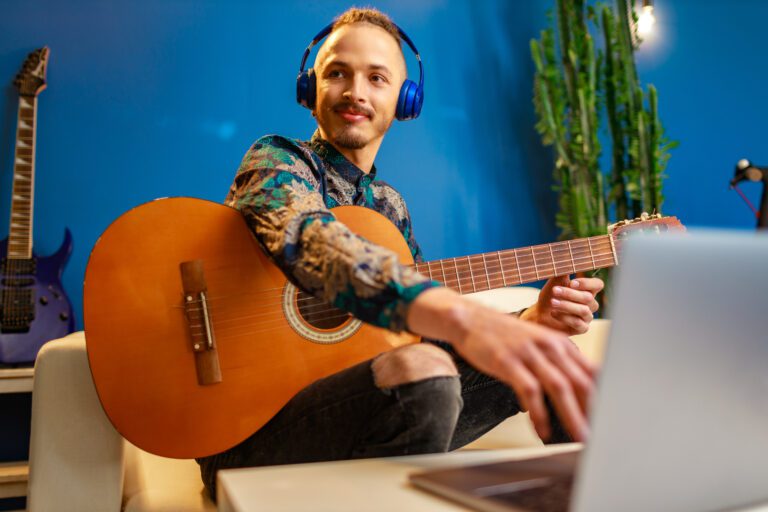
Enhanced Focus and Elimination of Distractions
1. Minimized Competition and Pressure
In group settings, students often face competition and peer pressure, which can hinder learning. One-on-one sessions eliminate these factors, allowing students to focus solely on their progress.
This aligns with the principles of cognitive psychology, which suggest that reduced distractions improve concentration and cognitive performance.
2. Customized Pacing
Each student learns at their own pace. In group lessons, fast learners may feel bored, while slower learners may feel overwhelmed. One-on-one instruction adapts to the individual’s pace, ensuring a balanced and stress-free learning experience.
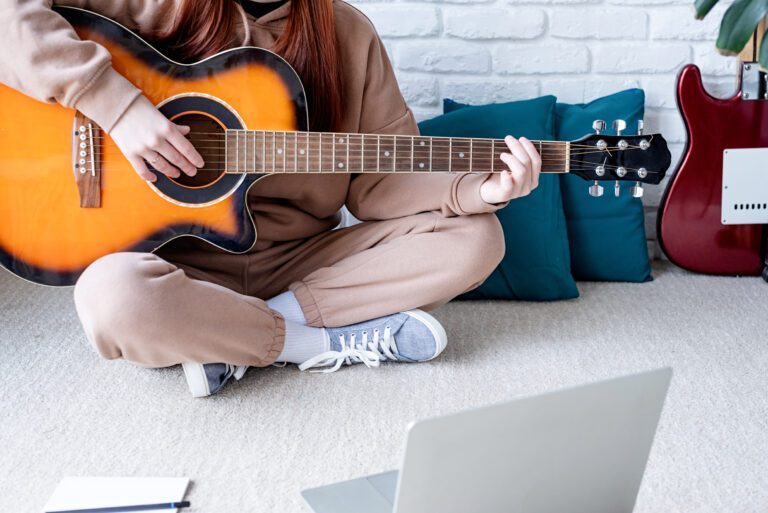
Mastery Through Repetition and Practice
1. Deliberate Practice
Psychologist Anders Ericsson’s theory of deliberate practice emphasizes the importance of focused, goal-oriented repetition for mastery. One-on-one learning provides the perfect environment for deliberate practice, as instructors can guide students through targeted exercises and refine their skills in real-time.
2. Building Long-Term Memory
Repetition is a key factor in transferring knowledge from short-term to long-term memory. In one-on-one lessons, instructors can ensure that students revisit critical concepts and skills until they are fully internalized.
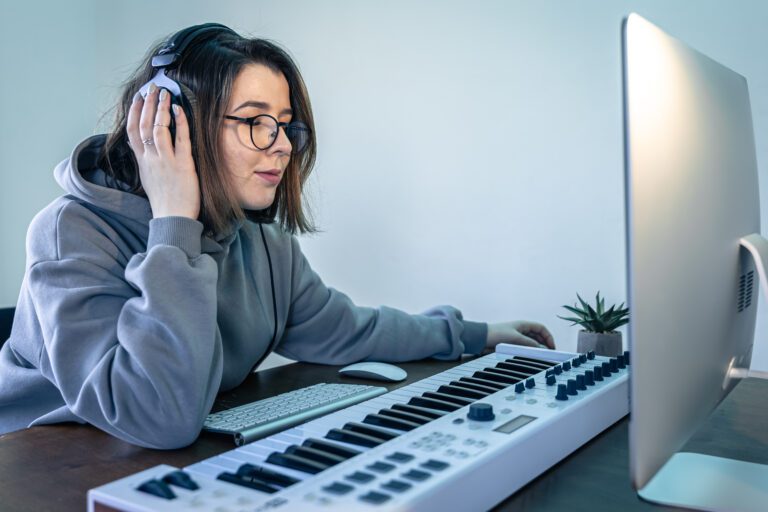
Motivation and Self-Efficacy
1. Setting Achievable Goals
Instructors in one-on-one settings can help students set realistic, measurable goals. Achieving these goals fosters a sense of accomplishment and builds self-efficacy, or the belief in one’s ability to succeed.
Psychological studies show that individuals with high self-efficacy are more likely to persist in the face of challenges, making them more resilient learners.
2. Intrinsic vs. Extrinsic Motivation
One-on-one learning often shifts the focus from external rewards (grades, rankings) to intrinsic motivation (personal growth and achievement). This aligns with self-determination theory, which emphasizes the importance of autonomy, competence, and relatedness in fostering intrinsic motivation.

Why One-on-One Learning Works in Music Education
1. Personalized Guidance for Complex Skills
Music education involves mastering intricate techniques, whether it’s playing an instrument or developing vocal control. One-on-one lessons allow teachers to provide detailed, personalized guidance that’s essential for refining these skills.
At The Mystic Keys, for example, instructors focus on tailoring lessons to each student’s strengths and weaknesses, ensuring steady progress.
2. Flexibility for Creative Exploration
Music is as much about creativity as it is about technique. In a one-on-one setting, students have the freedom to explore their creative instincts without fear of judgment. Teachers can encourage improvisation, experimentation, and artistic expression, making the learning experience more fulfilling.
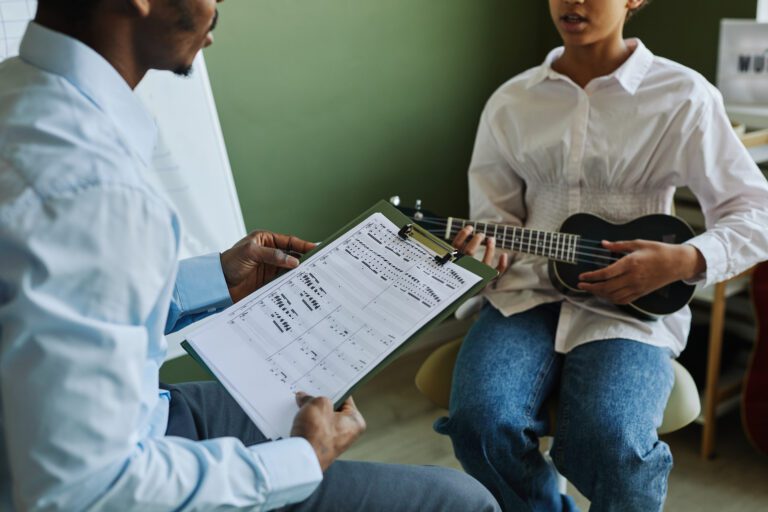
The Science Behind Long-Term Success
Research in educational psychology has consistently shown that one-on-one instruction leads to better long-term outcomes. A study by Bloom (1984) found that students receiving one-on-one instruction performed better than 98% of those in traditional classroom settings.
The reasons are clear:
Personalized attention helps address specific challenges.
Increased focus leads to better comprehension.
Strong teacher-student relationships foster confidence and motivation.

Why Choose The Mystic Keys for One-on-One Music Lessons?
At The Mystic Keys, we understand the psychology behind one-on-one learning and have designed our courses to maximize its benefits:
Tailored Lesson Plans: Every student receives a customized curriculum based on their goals and skill level.
Experienced Instructors: Our certified teachers are experts in their fields, ensuring high-quality instruction.
Interactive Online Platform: Through Zoom, students enjoy live, engaging lessons with personalized feedback.
Flexible Scheduling: Busy learners can adjust lessons to fit their routines.
Comprehensive Resources: Session recordings, practice guides, and detailed notes help students reinforce their learning.
Conclusion
The psychology behind one-on-one learning reveals why it is one of the most effective methods of education. By addressing individual needs, fostering confidence, and enhancing focus, this personalized approach ensures meaningful and lasting learning outcomes.
At The Mystic Keys, we leverage the power of one-on-one instruction to provide top-notch music education for students of all levels. Whether you’re a beginner or an advanced learner, our expert teachers are here to guide you every step of the way.
Ready to start your one-on-one music journey? Enroll with The Mystic Keys today and experience the transformative power of personalized learning!
The Mystic Keys for expert lessons and personalized guidance. Happy practicing!



